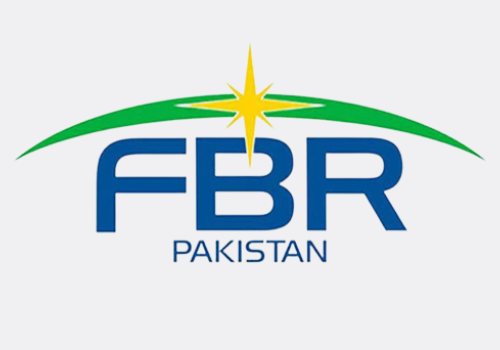ISLAMABAD: The caretaker government is progressing with its restructuring plans for the Federal Board of Revenue (FBR), and the chairman is set to submit the summary to the cabinet for consideration this week.
Amjad Zubair Tiwana, the chairman of the country’s revenue machinery, will also seek endorsement from the Election Commission of Pakistan during the implementation stage.
The military establishment, particularly the officer overseeing the Special Investment Facilitation Council (SIFC), played a crucial role in resolving differences and persuading the FBR chairman to sign and submit the summary to the cabinet division.
The message was clear, giving the incumbent FBR chairman two options: either submit the summary or resign. Following Tiwana’s signature, the summary will be forwarded to the cabinet this week. Despite requests for comments, the FBR chairman remained silent on the matter.
Sources indicate that Tiwana found himself in an uncomfortable position, yielding to pressure and agreeing to the proposal put forth by the Caretaker Minister for Finance, Dr. Shamshad Akhtar. The military’s leadership didn’t impose their viewpoint but urged finding a middle ground acceptable to all parties.
There is speculation that IRS and Customs officers may approach the judiciary once the federal cabinet approves the proposal. The oversight boards for Customs and Inland Revenue Administrations will be chaired by private sector chairmen, with both private and public members. The Federal Policy Board, reporting to the finance minister, will oversee Tiwana, who is also the secretary of the revenue division.
The tax policy office, likely dominated by private professionals, will report to the Federal Policy Board. Both service groups will be led by DGs, with no apparent scope for members working under them.
Despite reports of resistance, it appears that the FBR chairman has already conceded to the decisions outlined in the minutes of the SIFC meeting. The proposed governance structure suggests separate Federal Boards of Customs and Inland Revenue, each headed by DGs from their respective cadres.
Oversight boards for Customs and Inland Revenue Administrations will be chaired by independent professionals, with members nominated based on criteria and expertise.
Reforms will focus on strengthening governance through accountability via oversight boards, and the Federal Policy Board, under the finance minister, will have a new policy mandate.
The Tax Policy Office, with expertise in taxation and industry, will coordinate with the Federal Policy Board on assets valuation modalities and the legal and regulatory framework for taxation regimes.
(Islamabad51_Newsdesk)













